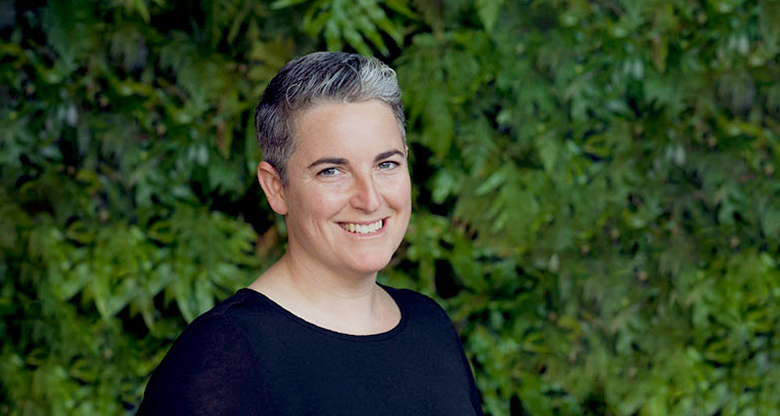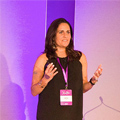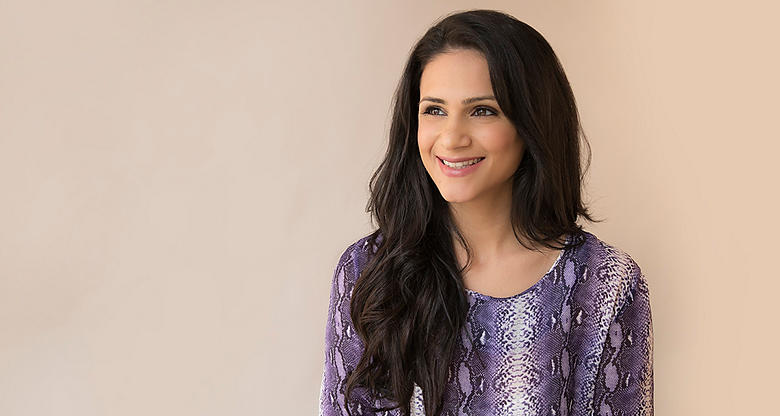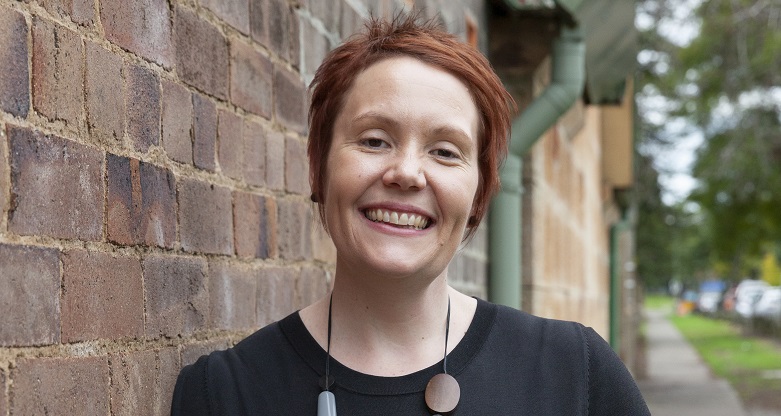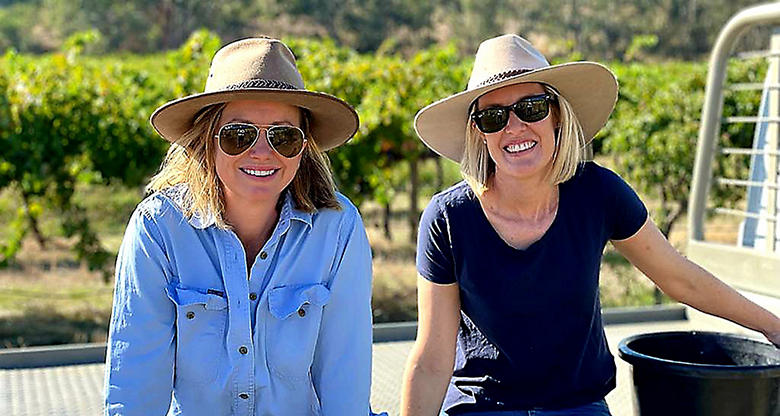Career paths that had previously led to startup entrepreneurship are under-represented by women. There is a lower percentage of female founders actively seeking venture capital, and disproportionate investments in female founders.1
Rachael Neumann, board member for StartAus, partner at StartMate and founder of one of the newest Angel networks, Working Theory Angels, spoke to us openly about the push for pro startup policy, and making startups and access to venture capital inclusive and diverse.
Women and access to venture capital
There are too few women making investment decisions for venture capital. In founding Working Theory Angels, an all women run initiative, Rachael knew that women-led funds outperform those underrepresented by women.2
"Part of what Working Theory Angels is doing is attracting new investors into the venture capital (VC) ecosystem and providing them with the education and tools they need to be competent and confident investors. We have 30 investors in this cohort and the majority of them have never written a cheque into a startup before."
As Rachael has seen in her work with the Australian Government Boosting Female Founders Initiative (BFFI), there have been thousands of applications from women. This unanticipated demand is showing the lack of funding available to these female founders and bringing to light a larger issue of inclusivity in funding.
It’s time to lead the way for more female founders and investors to enter the market.
Is venture capital for you?
There is no right or wrong when it comes to your business aspirations. Are you a small-medium sized business creating rewarding lifestyles for yourself and your teams, or do you want to have a global business that is scaling (and these two don’t have to always be mutually exclusive!)? How you build your business and how you achieve growth will depend on a number of choices, so be thoughtful about the path you want to carve out. One size does not fill all.
"In the same way that not every company is VC backable, not every founder has those types of aspirations and wants to grow in that way, at that speed, and use money as an accelerant for growth," Rachael says. "One of the things we don’t talk about is that sometimes small businesses can have a better financial outcome for the founder than a large business, where that founder has been diluted by selling off equity in the company."
If yes? You’ll need the right talent.
Talent is a global issue. The Crossroads 2020 Report by StartupAus, mentioned that 91% of US startups found obtaining the right talent to be ‘somewhat or extremely challenging’. For Rachael, when investing in a start-up, she looks for the following:
- Can you deeply and clearly articulate a customer problem or pain-point? Women tend to be natural communicators. Use this to your advantage.
- Is the problem you are trying to solve part of a large and growing market?
- Do you deeply know the space you’re operating in because you have developed expertise or have personally felt the problem you are trying to solve?
- You’re a magnet for talent. You should be able to convince anyone to work on this problem with you. Especially early on, when teams are small it is "critical to have outstanding people on your team."
- The desire to be constantly investing in customers, "deeply understanding what those customer needs are and converting that into a pain-free, seamless, low touch or no touch onboarding experience, then continue to meet or surpass those needs."
What you as a female founder, supporter or investor can do today
There is a place for everyone amongst startups. It is a misconception that you have to study computer science or engineering to have a place at the table. All startups need marketing, sales, operations, management and of course, customers. In fact, many tech startups are driven by founders from non-technical backgrounds.
- Support startups by buying new products to use in your own business, try new things and provide feedback openly and often.
- Do your research before investing. Courses are available, like VC Catalyst at the University of Melbourne Wade Institute (which Rachael is a part of)
- Join an Angel Group, like Working Theory Angels, and develop your personal investment thesis and preferences when it comes to investment decisions
- If you’re ready to invest early, Rachael recommends taking a zero off that cheque and add that zero to the amount of cheques you’re writing. She believes writing many smaller cheques acts as a buffer to mistakes in the beginning, to help de-risk your portfolio, as well as discovering what’s right for you.
Sign up to the Women in Focus newsletter for updates on our community and events, and more content like this.
1. Crunchbase, 'EoY 2019 Diversity Report: 20 Percent Of Newly Funded Startups In 2019 Have A Female Founder' 2019
2. Source: As noted in in HBR’s “The Other Diversity Dividend”, firms with partners from shared ethnicities reduced an investment’s comparative success rate by 26.4%-32.2%. Firms that increased female partner hires by 10% saw, on average, a 1.5% spike in overall fund returns each year and had 9.7% more profitable exits.
